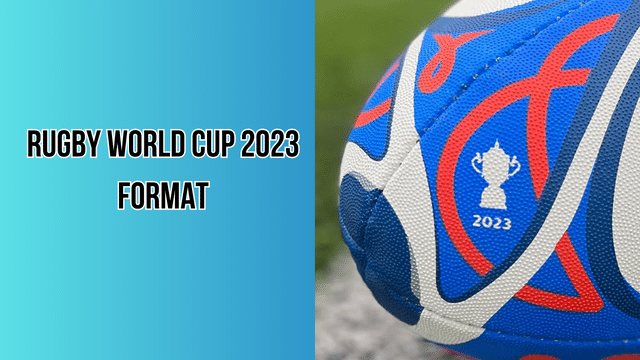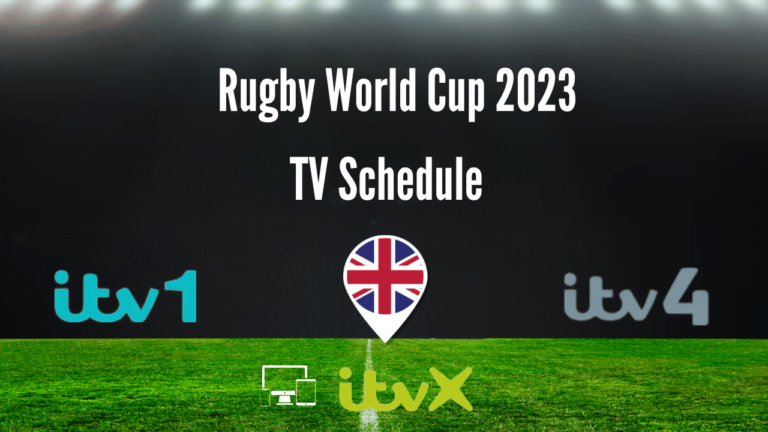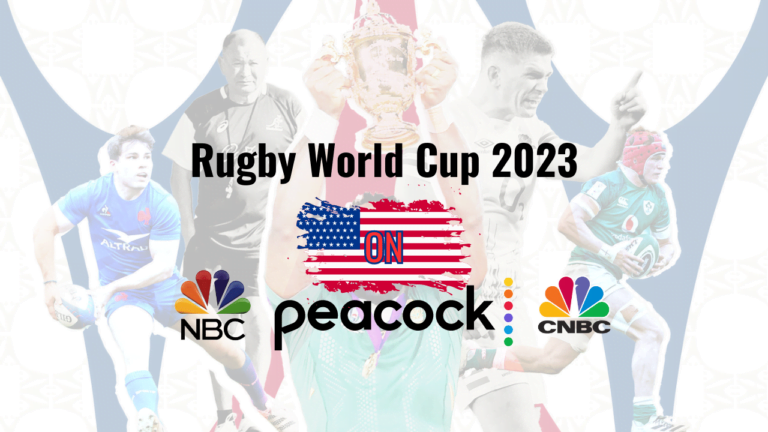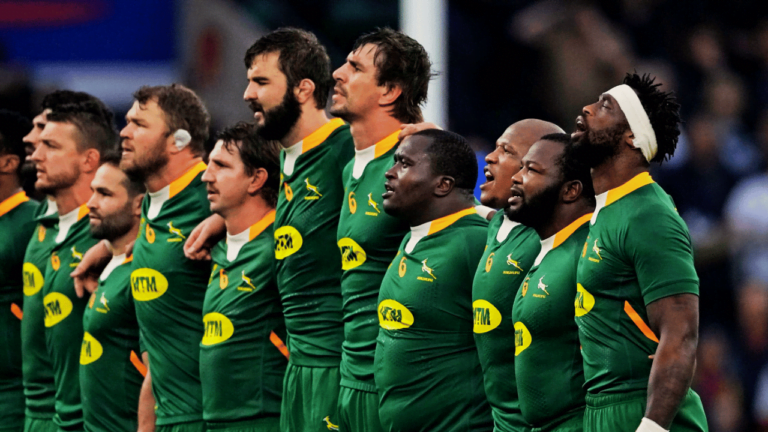Rugby World Cup 2023 Format: Everything You Need to Know
The Rugby World Cup is the pinnacle of international rugby union competition every four years. The next tournament, scheduled for 2023, will be hosted by France. As we inch closer to the event, excitement and anticipation are mounting among rugby enthusiasts worldwide.
Here, we will discuss the Rugby World Cup format, How it works, and more information.

RWC 2023 Qualifying
The journey to the 2023 Rugby World Cup in France kicked off during the 2019 tournament in Japan. In this system, the top three teams from each group secured their spots in the 2023 event straightaway. Additionally, eight more teams have been vying for a spot in the tournament through regional, cross-regional play-offs and the repechage process.
This wave of qualifying matches started on June 5, 2021, marking a notable victory for Burkina Faso over Burundi with a score of 52-3 in the inaugural round of African Qualification. The qualifiers culminated in the Final Qualification Tournament held in November 2022.
Rugby World Cup 2023 Participating Teams
The Rugby World Cup 2023 will feature 20 global teams. These teams earn their spot in the tournament based on their performance in qualifying matches in the four-year interval leading up to the main event.
Pool Allocation Draw
The pool allocation draw for RWC 2023 took place on December 14th, 2020, in Paris and was conducted by former France captain Fabien Galthié and New Zealand’s ex-skipper Richie McCaw.
This draw divided the 20 participating teams into four pools, each comprising five teams.
Participating Teams
The teams set to compete in the Rugby World Cup 2023 include:
| Pools | Teams/Countries |
|---|---|
| Pool A: | New Zealand, France, Italy, Uruguay, Namibia |
| Pool B: | South Africa, Ireland, Scotland, Tonga, Romania |
| Pool C: | Wales, Australia, Fiji, Georgia, Portugal |
| Pool D: | England, Japan, Argentina, Samoa, Chile |
2023 Rugby World Cup Format and Stages
The tournament will consist of four stages:
Pool Stage
Running from September 8th to October 8th, 2023, the pool stage involves each team playing against the other four teams in their respective pool. The top two teams from each pool will advance to the quarterfinals.
Quarterfinals
Scheduled for October 14th and 15th, the eight teams advancing from the pool stage will compete in four knockout matches. The winners will move forward to the semifinals.
Semifinals
On October 21st and 22nd, the semifinals will pit the four victorious teams from the quarterfinals against each other in two knockout matches. The triumphant teams will progress to the final.
Bronze final
Rugby World Cup Bronze final match will take place on 27 October 2023, where two semifinal loser teams will take part for 3rd place or Bronze final.
Final
The ultimate match of the tournament will happen on October 28th, where the two semifinal winners will face off. The victorious team will earn the title of Rugby World Cup 2023 Champions.
Conclusion
Rugby World Cup 2023 is set to be a thrilling tournament featuring the world’s best rugby talent. With the pool allocation already completed, fans can look forward to the electrifying progression from the pool stage to the final.
The Rugby World Cup 2023 format ensures fair competition, giving each team an equal opportunity to vie for the championship. As we draw closer to the tournament, rugby enthusiasts around the world eagerly anticipate the riveting matches and memorable moments that are sure to be part of this global event.
FAQs
Who are the current champions of the Rugby World Cup?
The current champions as of the last tournament in 2019 are South Africa.
What is the significance of the William Webb Ellis Cup?
The William Webb Ellis Cup is awarded to the winners of the Rugby World Cup. It is named after William Webb Ellis, who is often credited with creating the game of rugby.
How many times has France hosted the Rugby World Cup?
France has previously hosted the tournament in 2007, and partially co-hosted in 1991 and 1999 with other countries.
What happens if a match ends in a tie during the knockout stages?
If a match in the knockout stages ends in a tie after 80 minutes, it goes to extra time, consisting of two 10-minute halves.
A sudden death “extra-extra time” of 10 minutes is played if it’s still tied after extra time. If the deadlock continues, a kicking competition will ultimately decide the match.
How many matches will each team play during the pool stages?
Each team will play four matches during the pool stages, facing every other team in their respective pool once.
Which city will host the final of the Rugby World Cup 2023?
The final will be held at Stade de France in Saint-Denis, a suburb of Paris.






